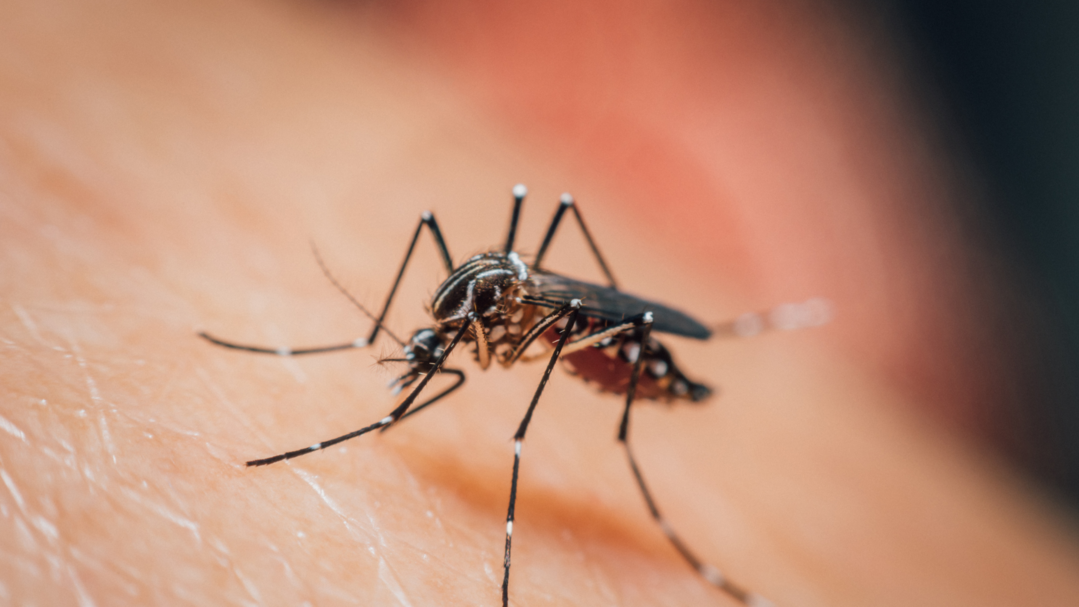
The Chungcheongnam-do Institute of Health and Environment announced on the 31st that it will expand and promote response projects as the possibility of overseas infectious diseases entering the country has recently increased due to climate change.
The main infectious diseases to be addressed are mosquito-borne diseases such as Japanese encephalitis and tick-borne diseases such as Severe Fever with Thrombocytopenia Syndrome (SFTS).
First, the mosquito-borne surveillance project will be conducted weekly from April to October at three locations near migratory bird habitats within the province.
The Institute plans to monitor the domestic inflow of overseas infectious diseases by collecting mosquitoes and checking their species classification, density, and whether they carry pathogens.
The 'Japanese Encephalitis Vector Mosquito Surveillance Project,' which identifies the first appearance time and population density trends of Culex tritaeniorhynchus, the mosquito that transmits Japanese encephalitis, a domestically established infectious disease, will be conducted twice a week from April to October by installing light traps at one livestock farm in the province.
For tick-borne infectious diseases, in addition to the existing tick surveillance project, the Institute will additionally conduct △surveys of ticks in urban parks and △surveys of ticks at expected infection sites such as the residences of patients when cases occur.
As SFTS has a high fatality rate of 10-30%, early diagnosis is crucial for treatment outcomes. The Institute has also established an 'SFTS Emergency Patient Diagnostic Test Fast Track' to shorten the test processing period from the existing maximum of 7 days to 1 day for emergency patients.
Jeong Geum-hee, head of the Institute of Health and Environment, stated, "Surveillance of infectious disease vectors and the emergency patient diagnostic test fast track are essential activities for protecting the health of our citizens. We will continue to expand our surveillance system and further strengthen our proactive response in cooperation with the provincial health policy division, city and county public health centers, and medical institutions."
[Copyright (c) Global Economic Times. All Rights Reserved.]






























